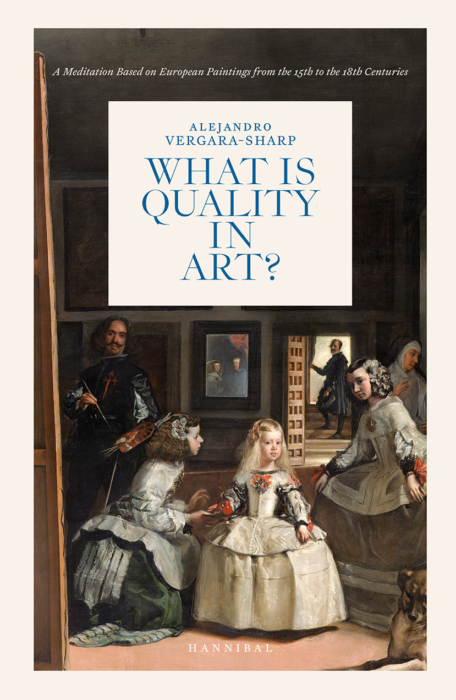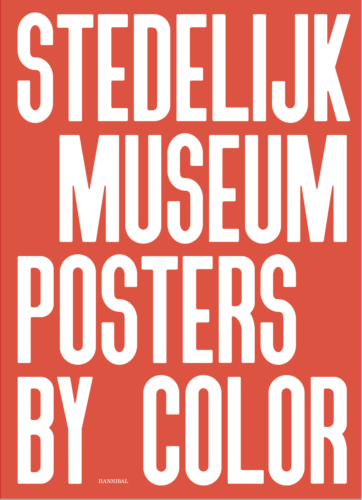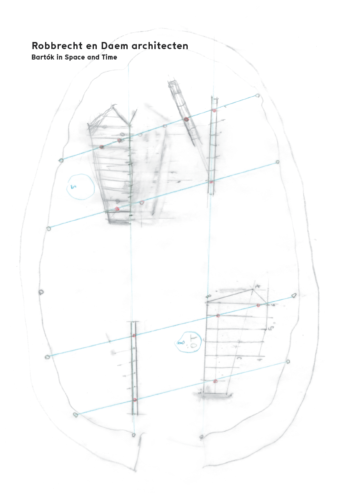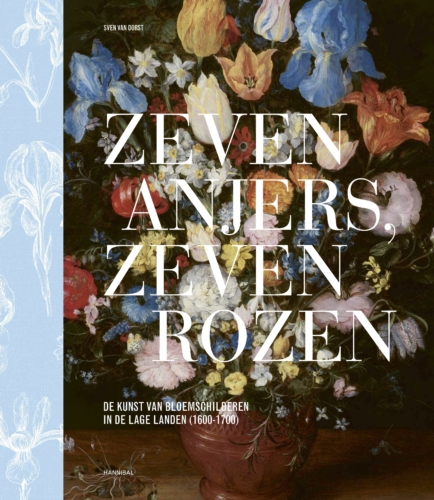
In-depth art-historical reflection on value judgments in art by one of Europe’s leading curators
"This is a necessary book. The concept of quality is key in the history of art, and often little understood."
— Miguel Falomir, Director, Museo del Prado
"That this is a legitimate question, even a necessary one, is argued by Vergara in a pleasurable manner, with the pace and attitude of a peripatetic thinker. There is something here that reminds one of Montaigne or Stendhal."
– Antonio Muñoz Molina, El País
"This wonderful and wise book made me look at the artwork without intimidation or any confusion. It is a great pleasure to be guided by the experienced eye of Alejandro Vergara."
— Olga Tokarczuk, winner of the Nobel Prize in Literature
Throughout history, human beings have excelled at creating art of the highest quality. Aristotle wrote that Homer “surpassed all others” while Pliny the Elder referred to “masterpieces that we never tire of admiring”. Velázquez distinguished between portraits “made with art” and those that were not. What did they all mean exactly? And what do we mean when we say that a work of art is good, of high quality? This book is an attempt to explain this central question, which remains surprisingly unexplored.
Alejandro Vergara-Sharp argues that “a deep knowledge of the history of art provides us with the tools to approach this issue objectively”. He then invites the reader to share with him a Socratic voyage of discovery, gradually unveiling arguments that can assist us in understanding this elusive and crucial concept.
Alejandro Vergara-Sharp (b. 1960, Washington DC) is Senior Curator of Flemish and Northern European Paintings at the Museo Nacional del Prado in Madrid.
- 21 × 13,5 cm
- 144 pages
- Hardcover
- English edition
- Quadrichromy
- ISBN 978 94 6494 119 7
Related books



